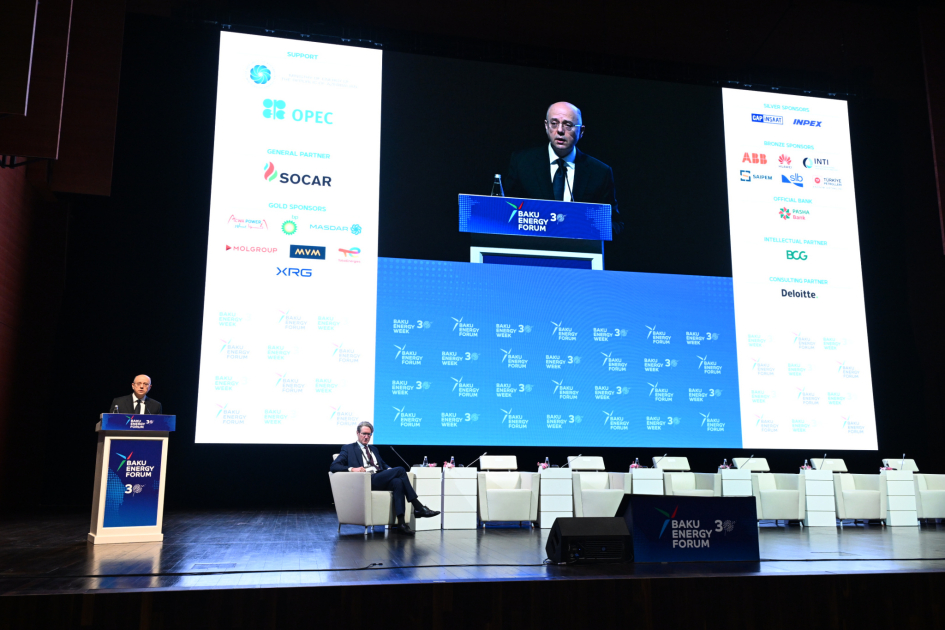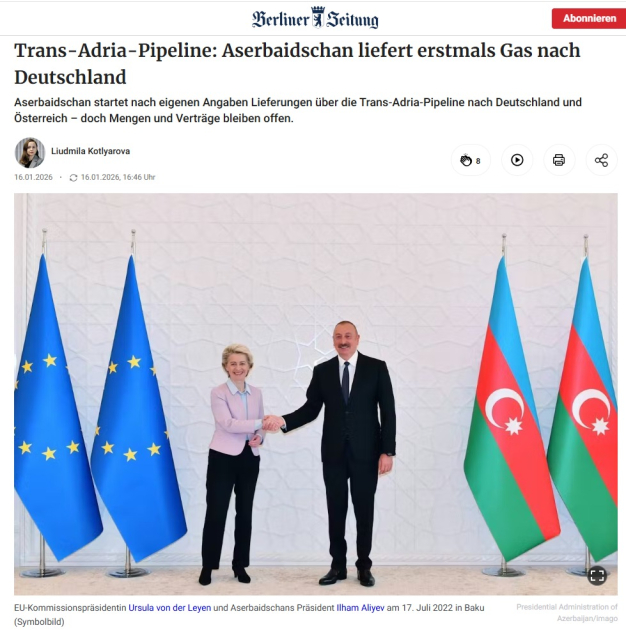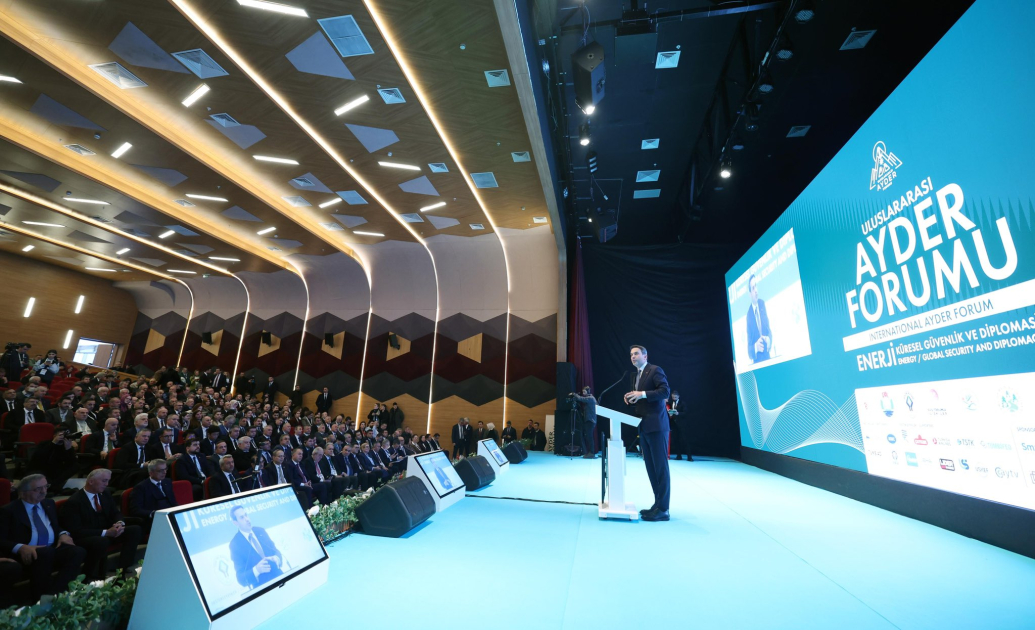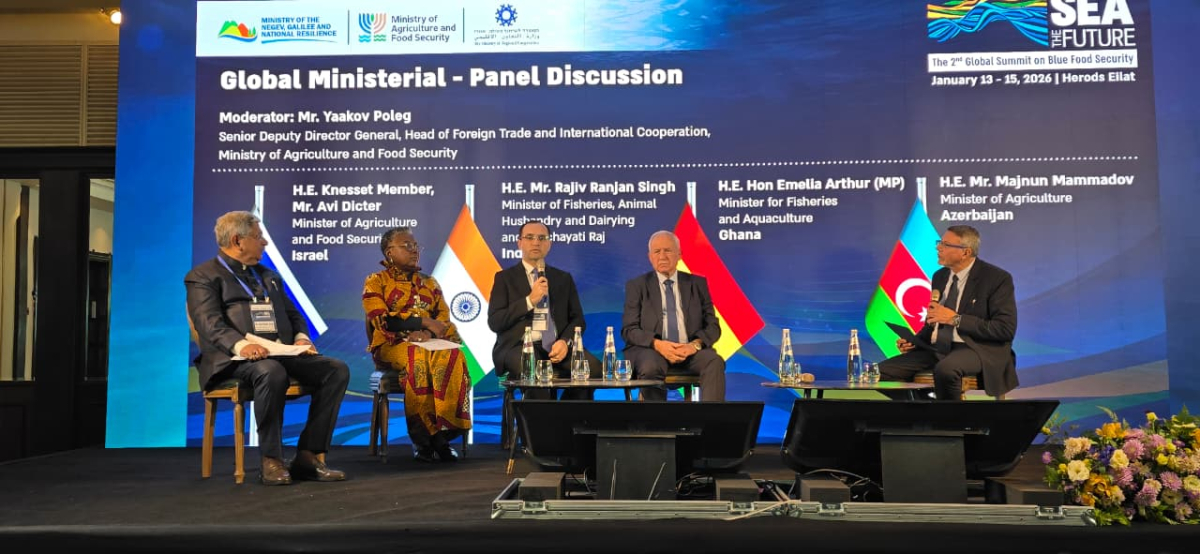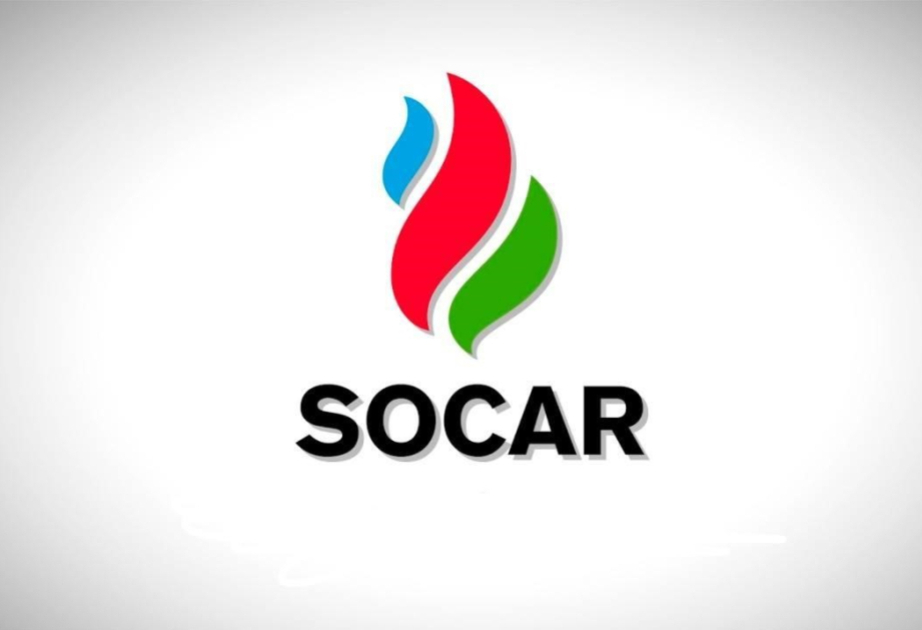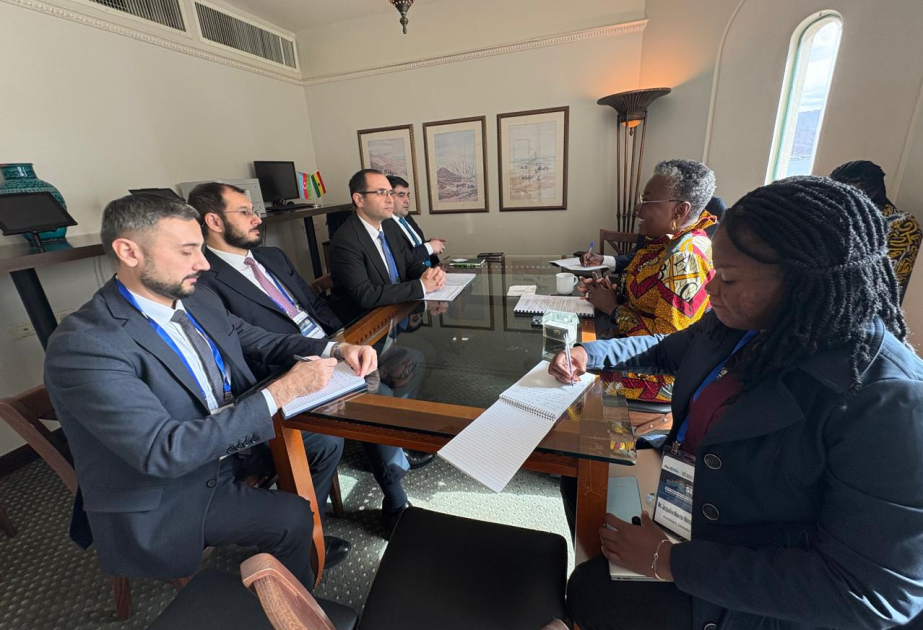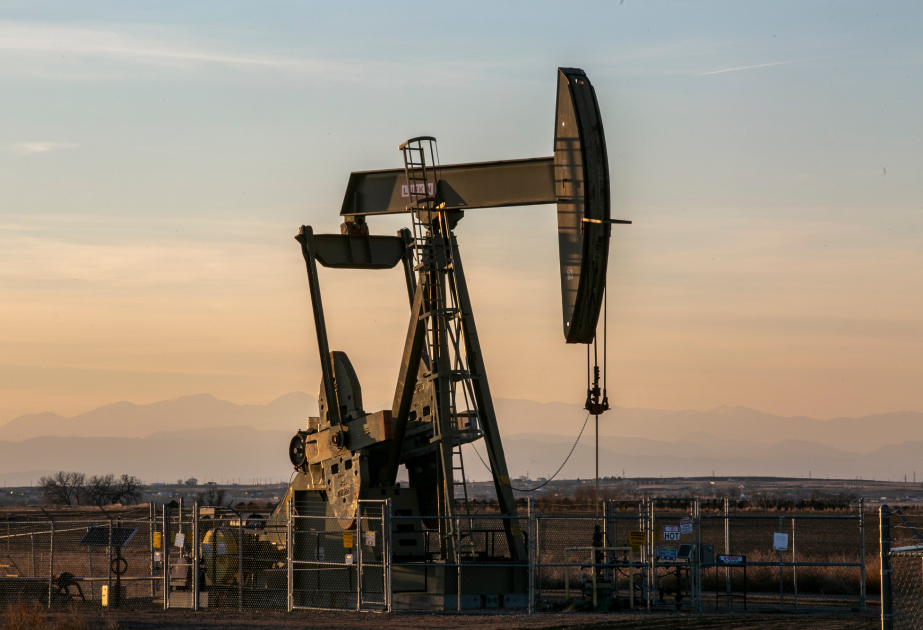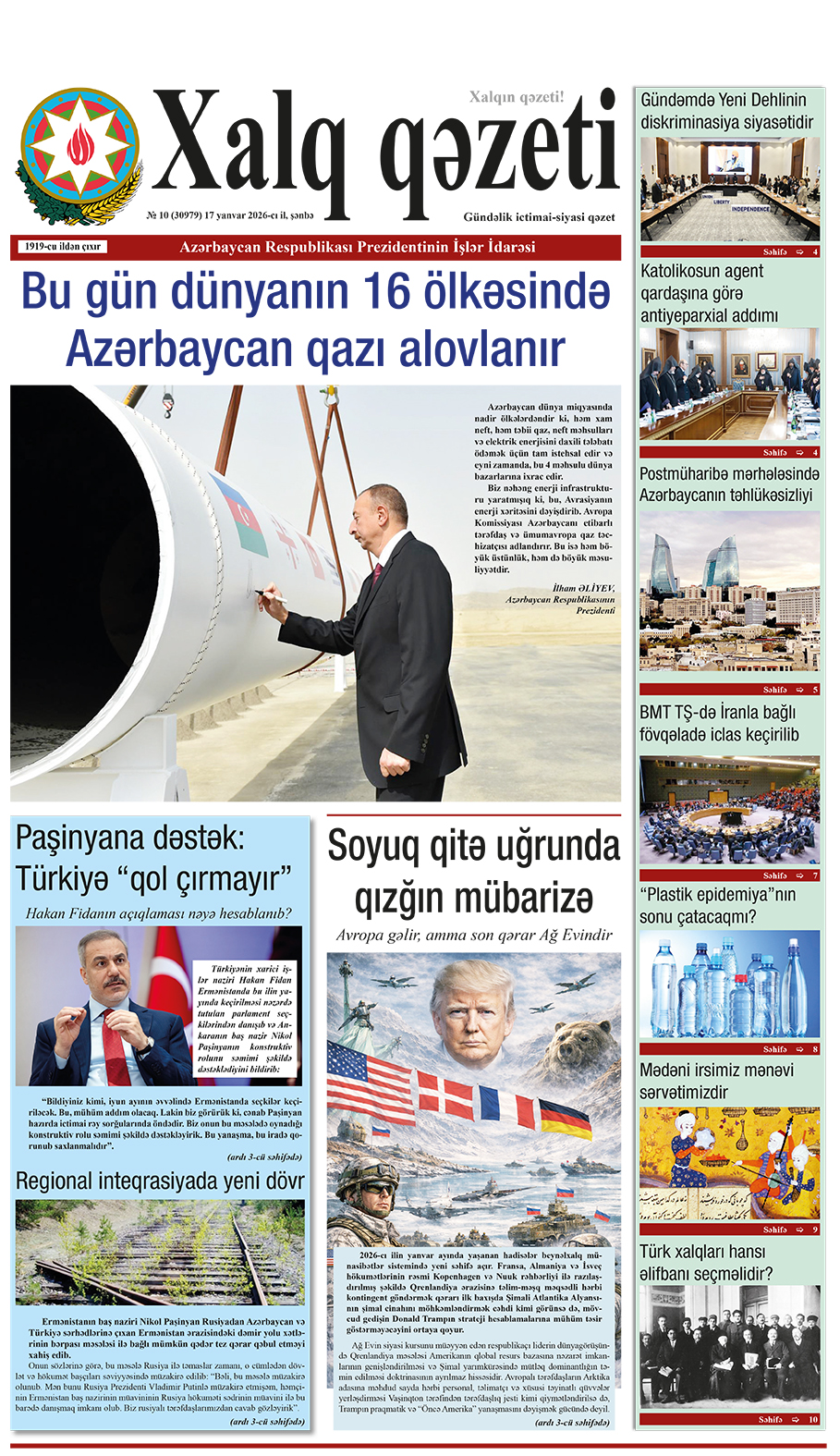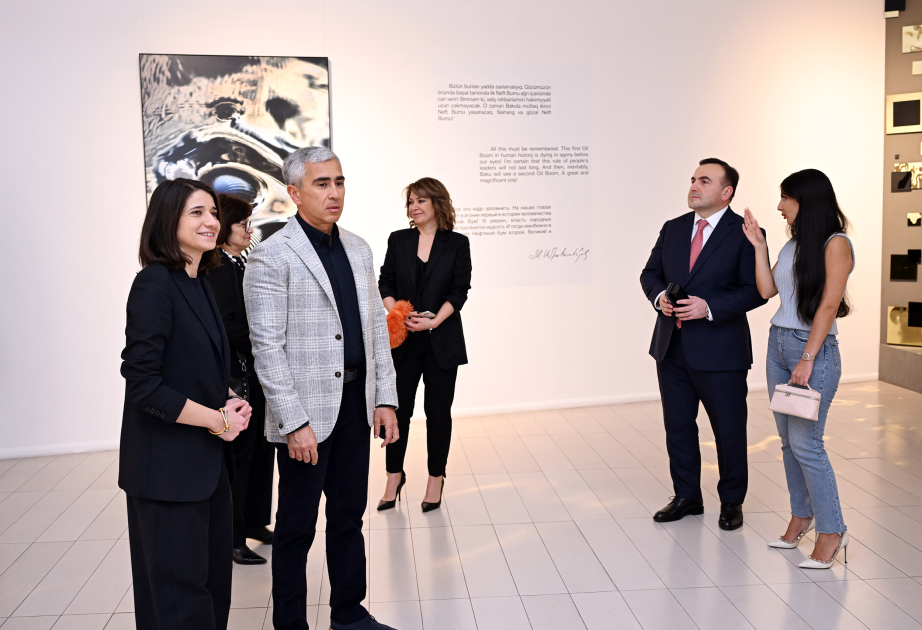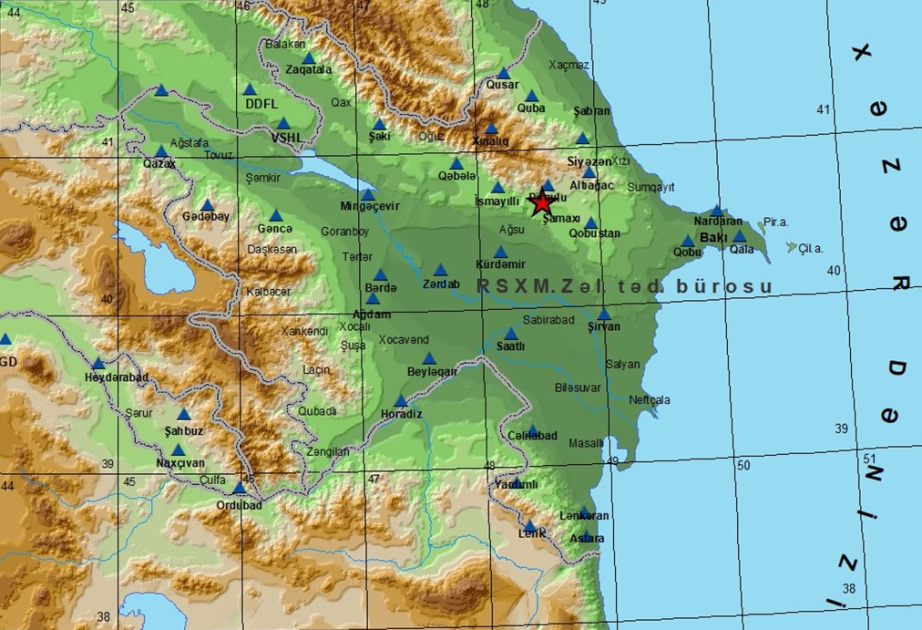The first day of the 30th edition of the Baku Energy Forum was concluded on Tuesday at the Baku Convention Center, bringing together leading industry figures for strategic dialogue and exchange of ideas.
The first day featured ministerial plenary sessions titled “Global Cooperation for a Resilient and Sustainable Energy Future”, “Path to a Sustainable Energy Ecosystem”, “Exploration and Geology – Innovating for Sustainable Resource Discovery”, “Production and Operations – Driving Efficiency Through Innovation and Sustainability”, and “Unlocking Green Energy Potential and Connectivity in the Caspian Region”.
Addressing the session titled “Global Cooperation for a Resilient and Sustainable Energy Future”, Parviz Shahbazov, Azerbaijan’s Minister of Energy, noted that last year alone, over 75 percent of the country’s oil exports and 51 percent of its gas exports were directed to the European markets.
“In a relatively short period of time, Azerbaijan has emerged as one of the world’s leading countries in terms of the geographical reach of it’s pipeline gas exports, and currently ranks fourth among pipeline gas suppliers to the European Union, holding a 7 percent share. This reaffirms that the rational and balanced approach of the President of the Republic of Azerbaijan, Ilham Aliyev, to all types of energy resources - combined with his decisive stance on the development of export infrastructure – has not only strengthened Azerbaijan’s strategic position on the modern energy map, but also established a model of reliable energy cooperation in an increasingly volatile world,” the minister noted.
According to him, a 240 MW wind power plant will be completed by the end of 2025, with Azerbaijan also launching the construction of three more solar plants totalling 200 MW this year.
“With a total investment of 2.7 billion US dollars, the share of renewable energy in Azerbaijan’s installed capacity is expected to reach 33.7 percent by 2027. Our plan is to increase this figure to 38% by 2030 and to 42.5% by 2035. In the next five years, over 6 GW of green energy capacity will be developed — both onshore and offshore — with 4 GW intended for export. At least 1 GW of approximately 6 GW renewable potential of the Nakhchivan region — another Green Energy Zone alongside the liberated territories — is also earmarked for export,” the minister emphasized.
“In line with the strategic vision of the President of Azerbaijan, to position the country as a leader in green energy production and cross-border transmission, large-scale “green energy corridor” projects are now underway — spanning the Caspian Basin, Central Asia, Türkiye, and Europe.
In the near future, these corridors will carry not only green electricity, but also green hydrogen, and enable data transmission via fiber-optic cables.
Today, Azerbaijan is opening a new strategic chapter - a green chapter - in the development of the Caspian region as a global energy hub. Over the next two years, we will complete the first phase of green energy development, with the commissioning of 10 solar and wind power plants,” Shahbazov added.
“The integration of 2,700 MW of wind and solar energy into our national grid by 2030 will allow us to save approximately 1.5 billion cubic meters of natural gas — an additional source of energy supply.
However, to transport these volumes efficiently, we must expand our regional transmission infrastructure, including the Southern Gas Corridor,” the minister noted.
According to him, over the past 30 years, the global share of hydrocarbons in primary energy has changed only marginally — by just 5 percent.
“The diversification of energy sources, resources, trade routes, and supply chains should remain a top priority for ensuring sustainable energy security. There is no better time than now to adopt realistic, pragmatic policies, offering clarity and predictability to investors and laying the foundation for long-term development,” he mentioned.
“During this Baku Energy Week, we are also advancing key agreements such as TPAO’s participation in the Shafag-Asiman project; a deal with ExxonMobil onshore oil and gas; and further agreements with MOL, ITOCHU, and Gran Tierra Energy — all representing meaningful progress in this direction,” Shahbazov added.
In his remarks, Ali Pervaiz Malik, Minister for Petroleum of Pakistan, expressed his gratitude to Azerbaijan for its assistance and support in the process of localizing gas reserves.
“In recent years, a significant portion of Pakistan’s gas supply has been ensured with the support of friendly countries. Currently, the country is engaged in approximately three to four such agreements. Before entering into new agreements, we prioritize fulfilling the commitments we have already undertaken. At the same time, we are working to stimulate exploration and production,” the minister said.
He noted that Pakistan’s largest gas consumers are the energy and household sectors, adding: “We are striving to implement energy efficiency standards for household appliances.”
Ahmet Berat Çonkar, Türkiye’s Deputy Minister of Energy and Natural Resources, said Türkiye is obligated to achieve net-zero emissions by 2053. According to him, the goal is to increase renewable energy production from 30 gigawatts to 120 gigawatts by 2035, requiring an investment of more than $100 billion.
Iva Petrova, Bolgaria’s Deputy Minister of Energy, described stepping up production of renewable energy as priority for the country.
Addressing the session titled “Path to a Sustainable Energy Ecosystem”, Rovshan Najaf, President of SOCAR, all the company’s initiatives contribute to achieving net-zero emissions by 2050.
He also underscored that Azerbaijan has a unique opportunity to ensure energy balance in the region.
Pavel-Casian Nițulescu, Romania’s Minister of Energy, highlighted the long-term Azerbaijan-Romania relations, describing the Baku Energy Forum as a success story.
Askhat Khassenov, Chairman of the Board of the KazMunayGas, noted that Kazakhstan enjoys carbohydrogen reserves totalling 76 million tons. He also touched upon the close partnership between SOCAR and KazMunayGas in decarbonization.
“The electricity generated at the Shafag Solar Power Plant in Jabrayil will make a significant contribution to the development of Azerbaijan's liberated territories,” said Gary Jones, bp’s regional president for Azerbaijan-Georgia-Türkiye.
“We have just made the final investment decision on our first solar energy project in the region. The electricity generated will be used to support the reconstruction and development of the liberated territories,” added the bp regional president.
Guinea-Bissau’s Minister of Environment, Biodiversity, and Climate Action, Viriato Luís Soares Cassamá, said that strengthening cross-border partnerships in the oil and gas sector is crucial, adding that we are only at the early stages of this process.
He emphasized the importance of international collaboration, particularly in the field of technology. “Global cooperation is essential,” the minister noted. “Regional energy policy forms the backbone of our national strategy. We urge countries to uphold justice in the realm of climate action,” the minister then added.
Other speakers included Vakhtang Tsintsadze, Deputy Minister of Economy and Sustainable Development of Georgia, Hussain Ageel Naseer, Deputy Minister of Tourism and Environment of the Republic of Maldives, Orkhan Zeynalov, Azerbaijan’s Deputy Minster of Energy, Maryam Rashed Al Mazrouei, Head of Business Development and Investment (CIS) of UAE’s Masdar, and Polina Liubomirova, Director of Business Development of ACWA Power.
The Forum’s second day will feature panel discussions on “COP29 Energy deliverables — Pathway to a Sustainable Energy Future (Part 1 and 2)”, Special session with Kjell A. Nordström Futures(s) of International Business and Ultra Modern Firms”, “Digitalization in Energy: The Power of Data and Technology”, “Gas Markets – A New Structure for Producers, Transporters, and Consumers”, “Pipelines – Securing Energy Supply Through Robust Infrastructure” and “Electricity Generation and Grid Infrastructure Development: Powering Tomorrow’s World”.
As an integral part of Baku Energy Week, the Forum marks its 30th anniversary this year. Since its inception, the Baku Energy Forum has evolved into a key platform for strengthening international partnerships, sharing advanced practices, and facilitating the signing of agreements that have contributed not only to the development of Azerbaijan’s energy sector but also to the broader region. By convening energy leaders, business representatives, and government officials, the Forum continues to play a vital role in fostering global cooperation and shaping the future of the energy industry.
The Baku Energy Forum is held with the support of the Ministry of Energy of the Republic of Azerbaijan and the State Oil Company of the Republic of Azerbaijan (SOCAR) is the General partner. The event is also supported by the Organization of the Petroleum Exporting Countries (OPEC). In his welcome letter to the participants of the Baku Energy Forum 2025, OPEC Secretary General Haitham Al Ghais highlighted the Forum’s role as a vital platform for fostering dialogue and international cooperation in the global energy sector.
More than 600 delegates attended the forum organized at the Baku Convention Center. Alongside Azerbaijan, companies from Belgium, Bulgaria, China, Estonia, Finland, France, Germany, Guinea-Bissau, Hungary, Italy, Japan, the Netherlands, Norway, Pakistan, Romania, Russia, Saudi Arabia, Slovenia, Switzerland, Türkiye, the United Arab Emirates, the United Kingdom, and the United States are included in the list of participants. This year’s forum programme features more than 70 speakers.


